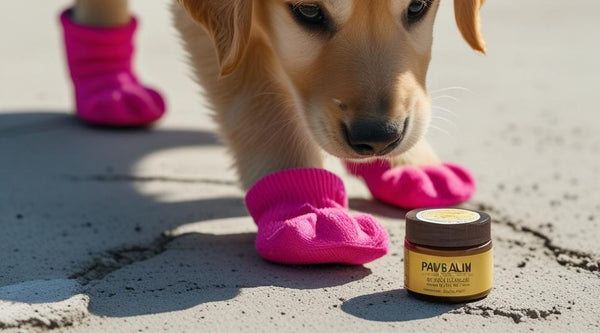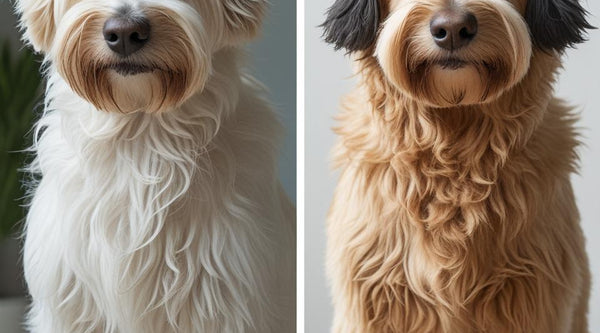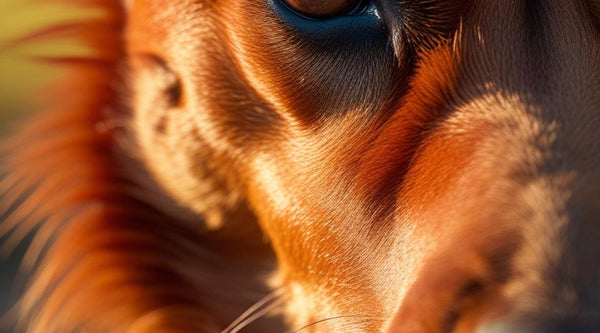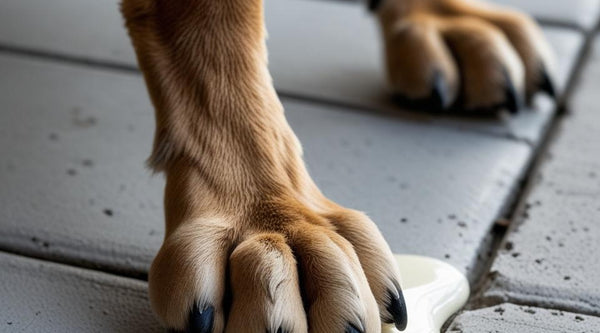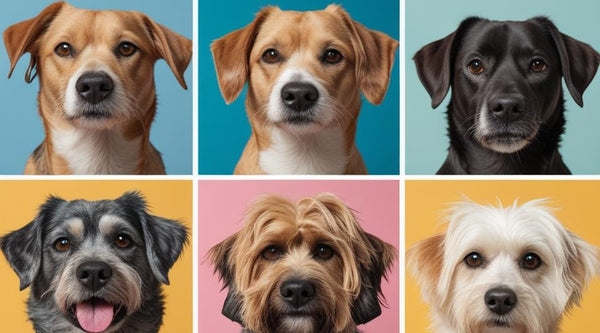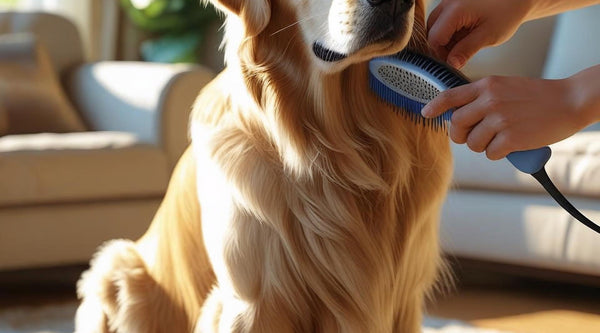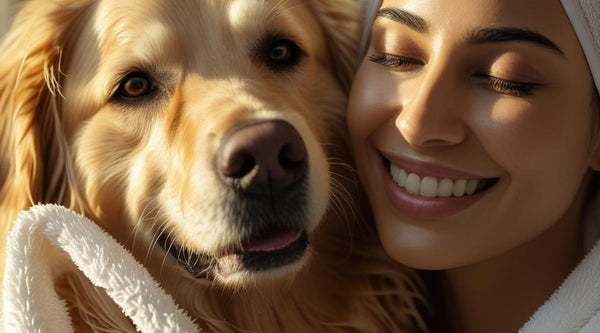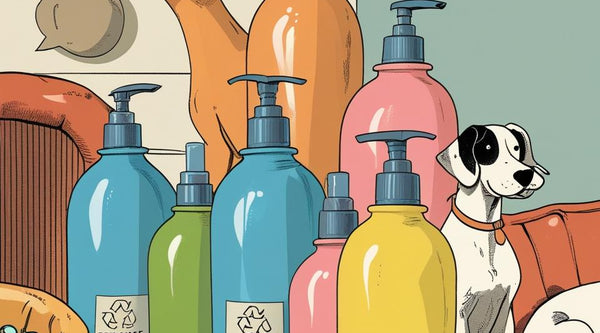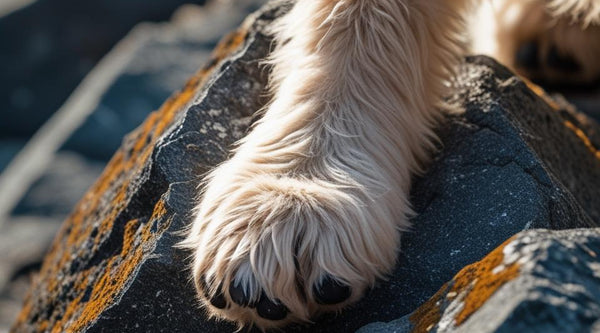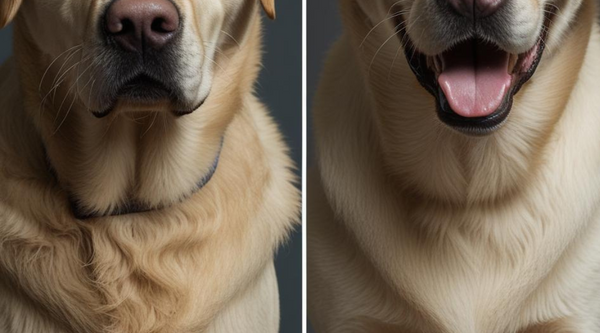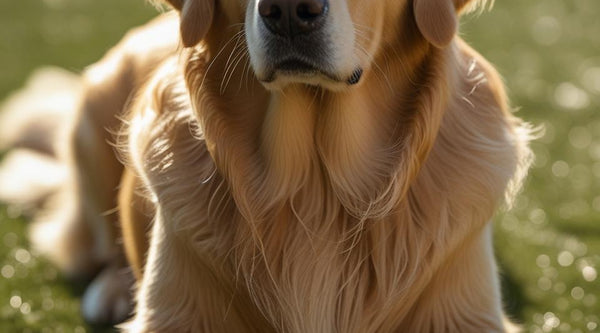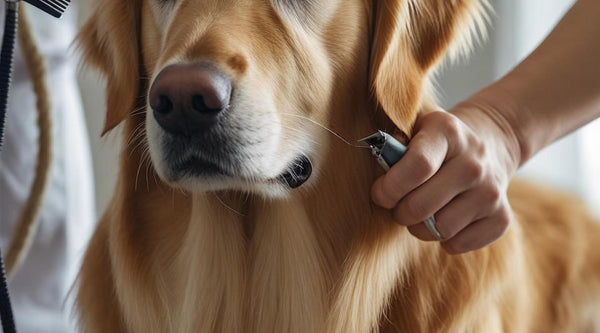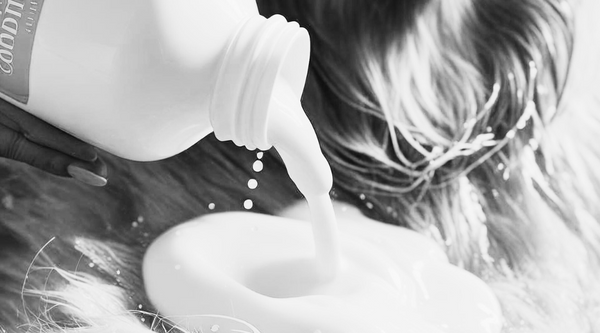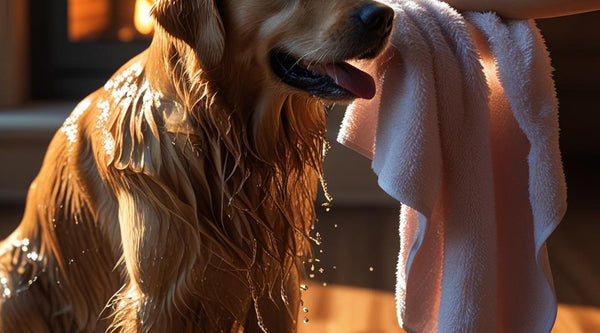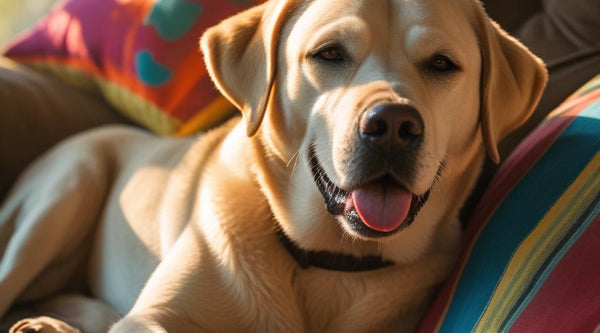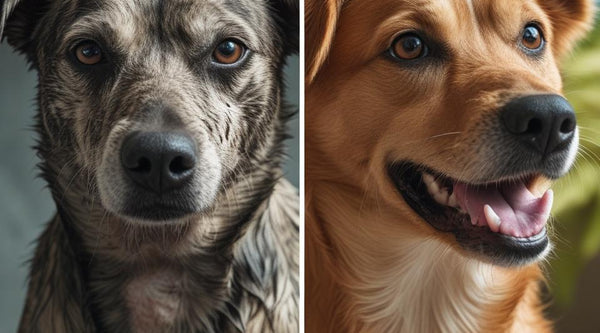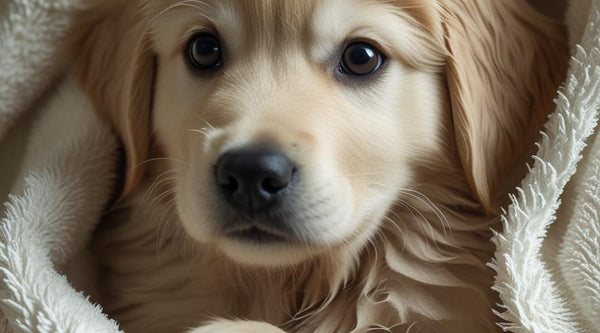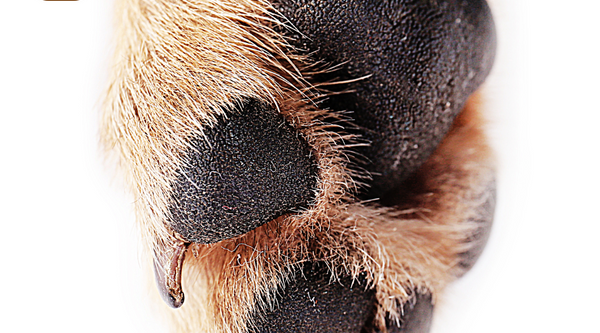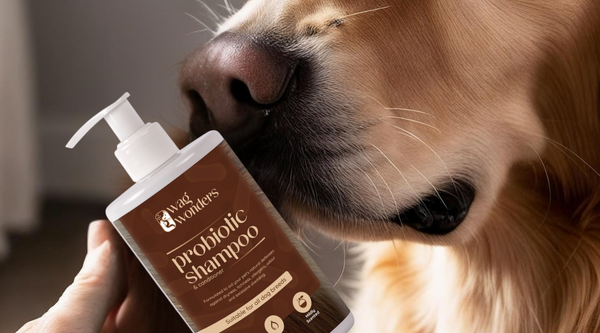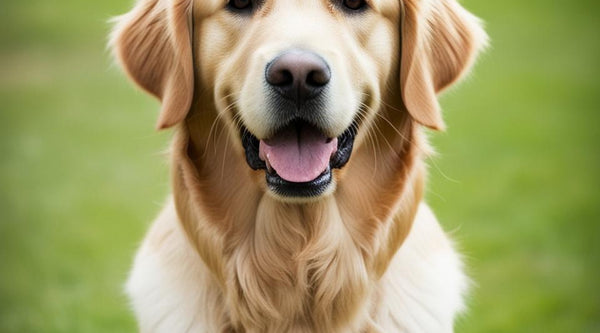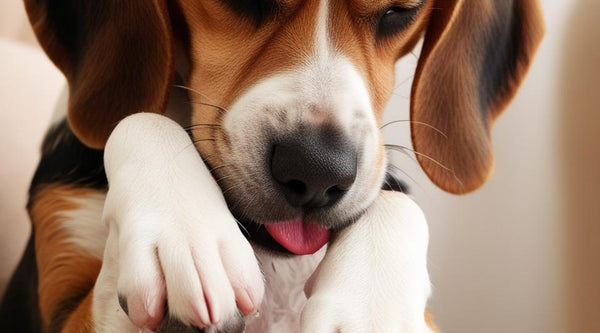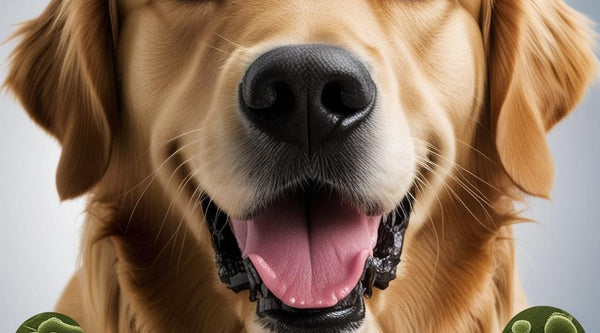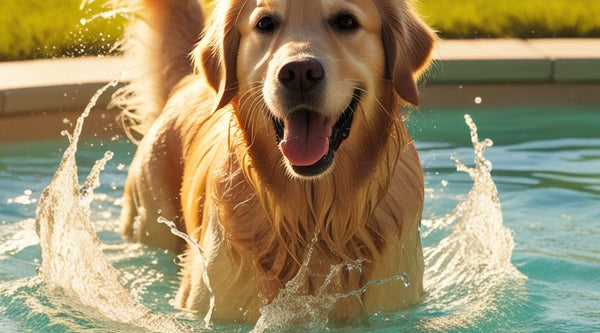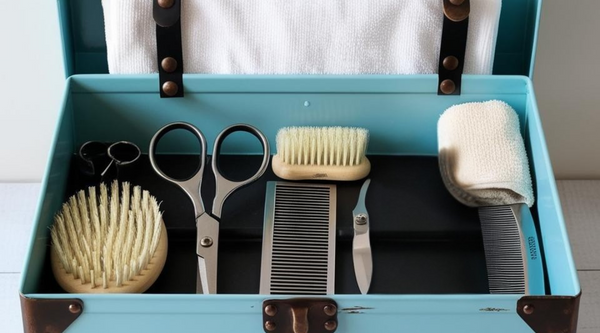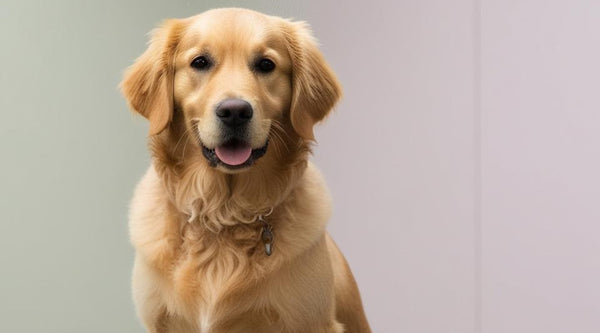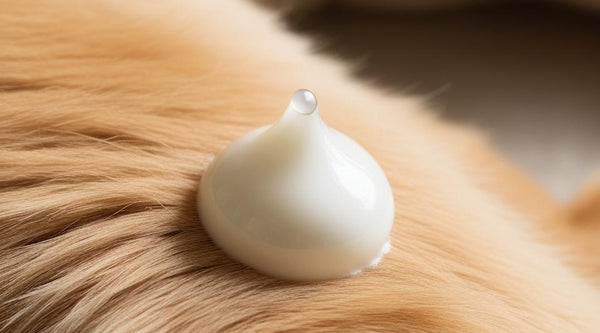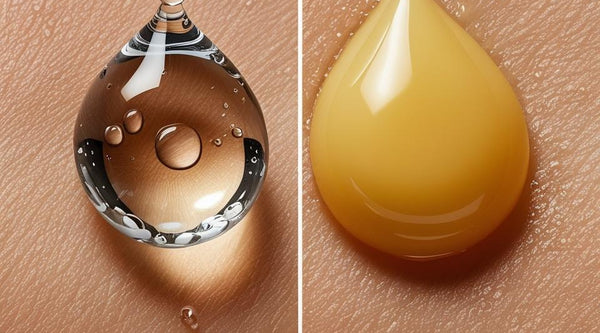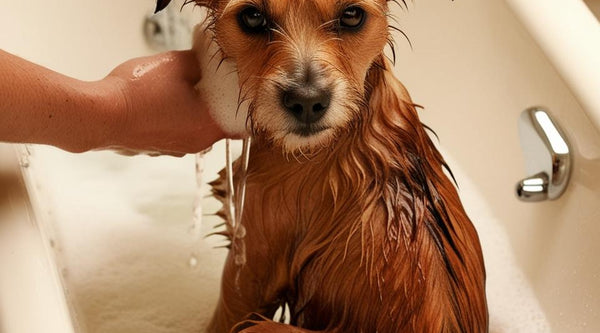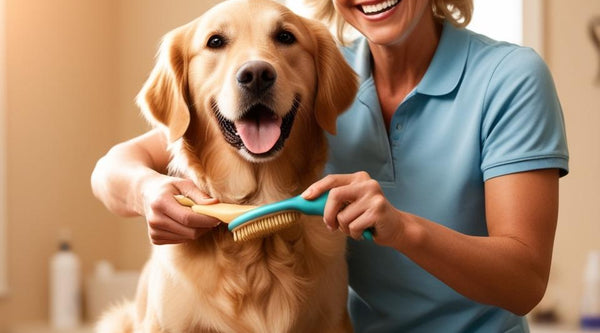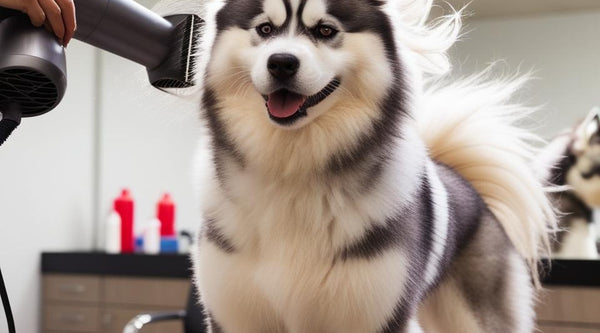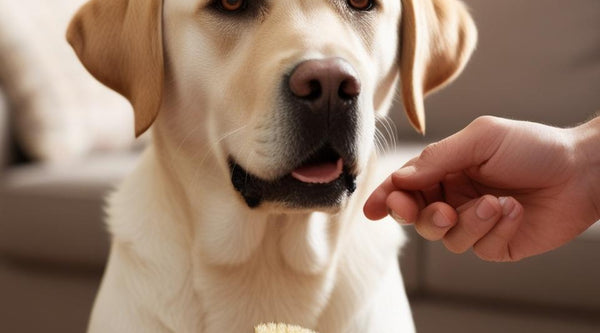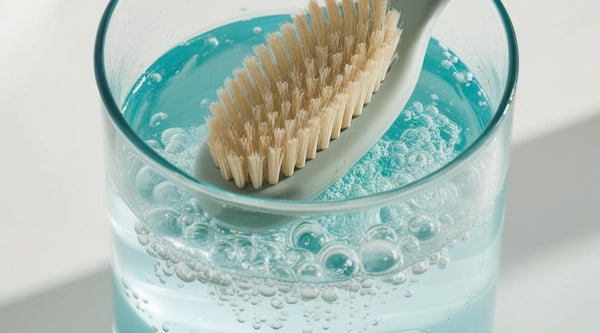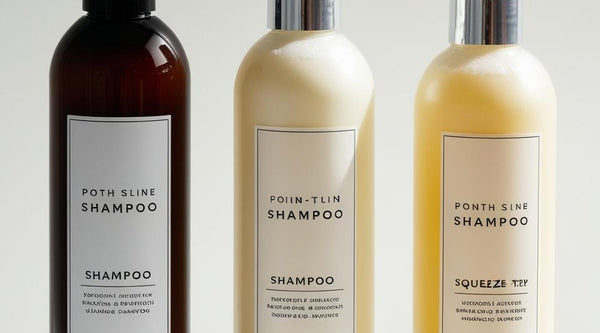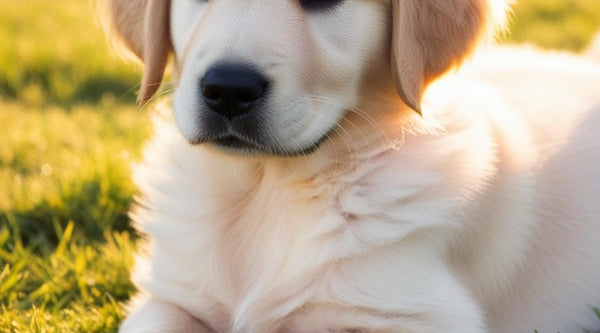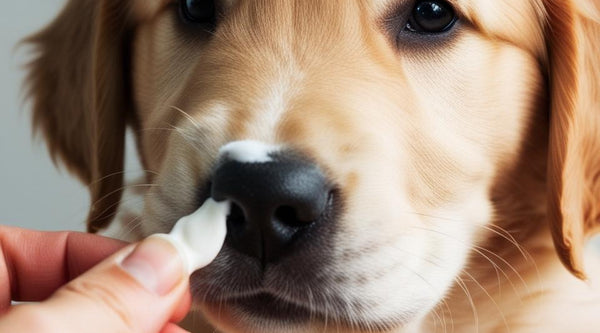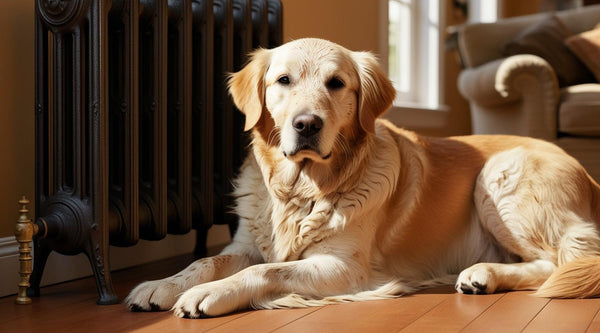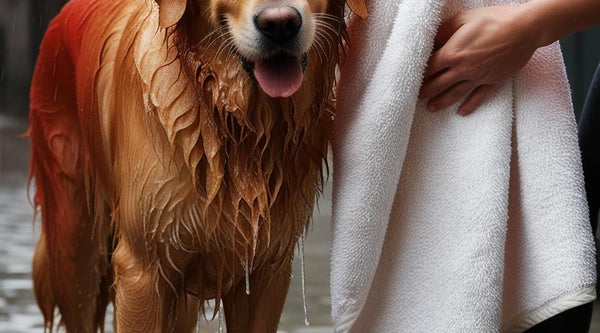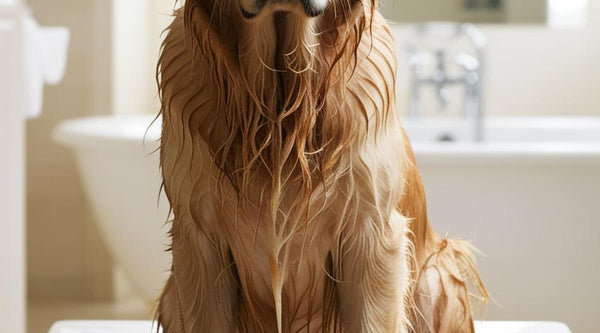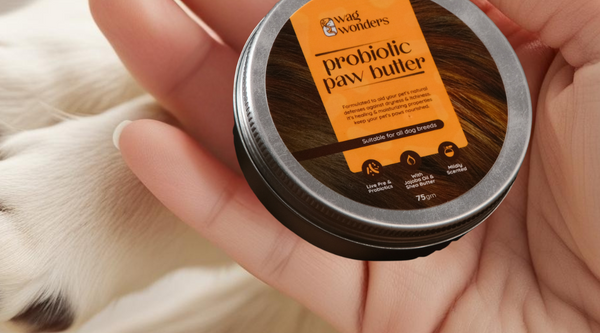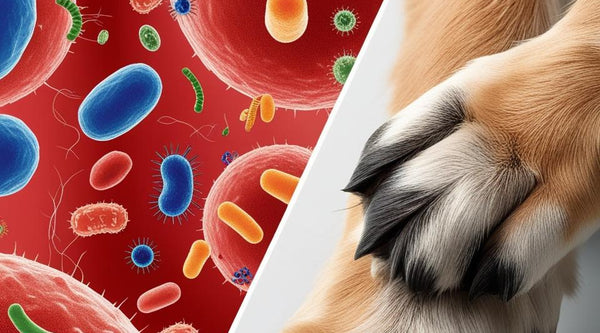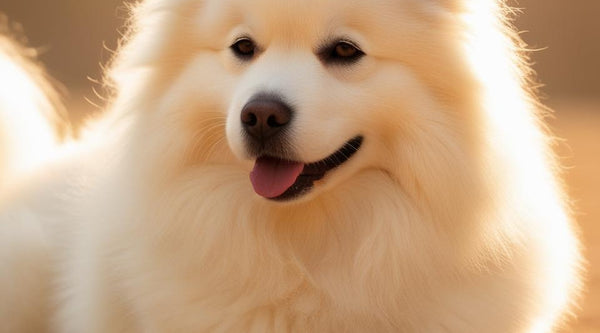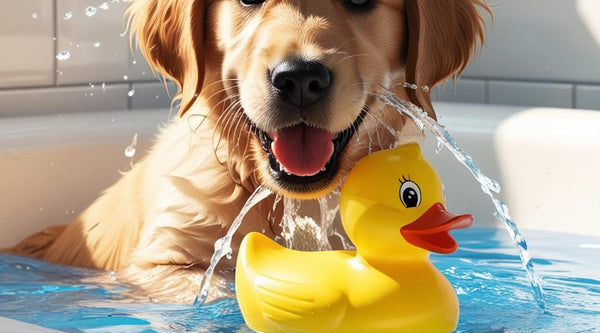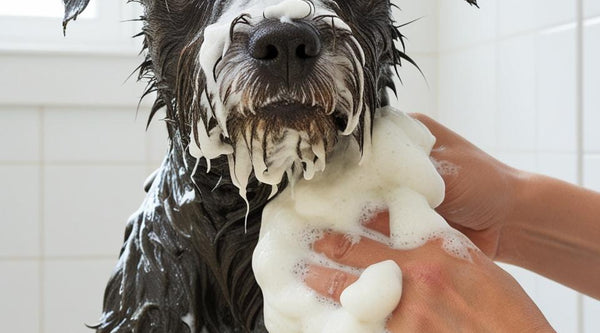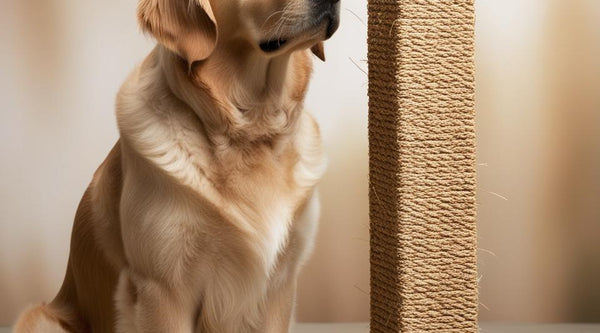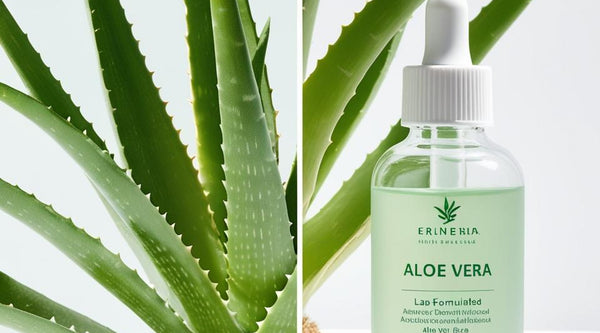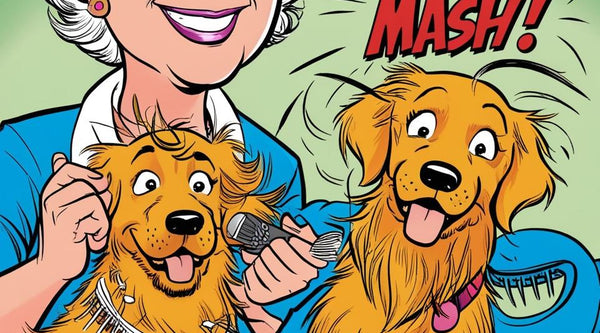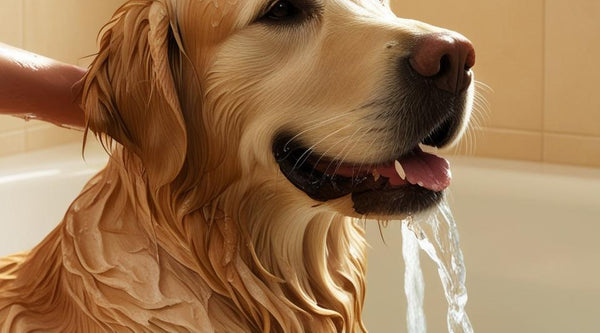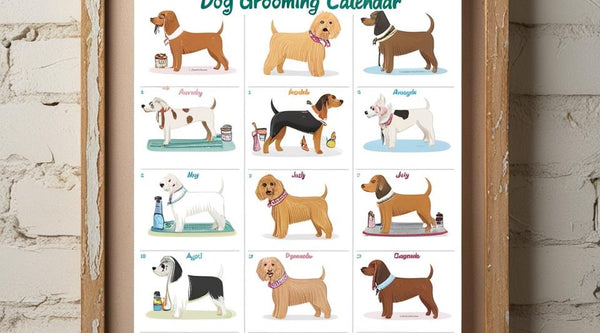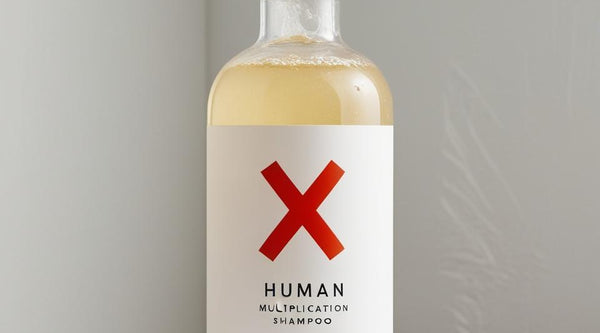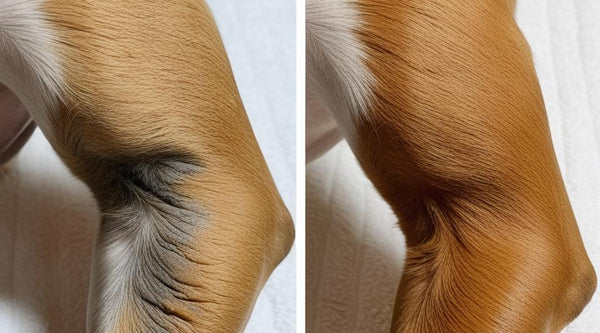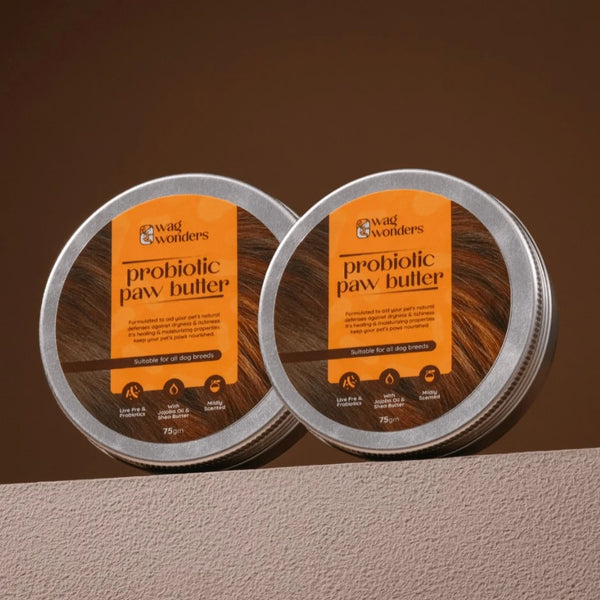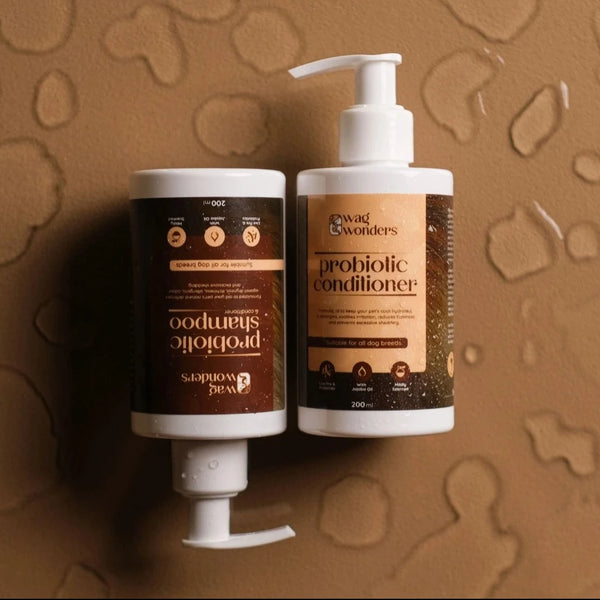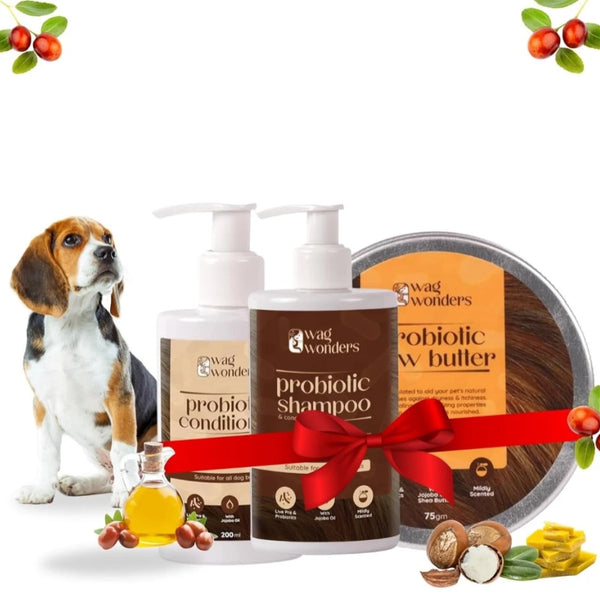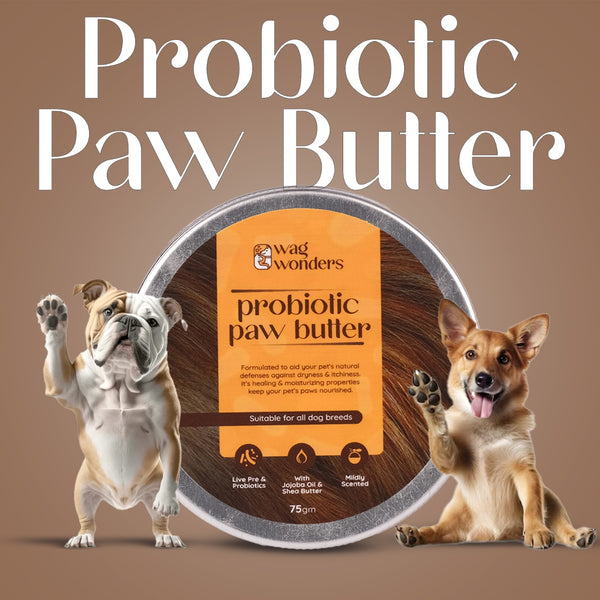How to Handle Double-Coated Dogs During Grooming
Double-coated dogs like Huskies, Golden Retrievers, German Shepherds, and Shiba Inus are beautiful—but their luxurious coats come with unique grooming challenges. If you’re a pet parent to a double-coated dog, you’ve likely dealt with constant shedding, seasonal blowouts, and tangled undercoats.
This blog explores how to manage these coats without damaging your dog’s skin or coat health—and why using prebiotic and probiotic grooming products helps maintain a balanced skin microbiome.
🐶 What Is a Double Coat?
Double-coated dogs have two distinct layers of fur:
-
Topcoat (Guard hairs): Long, water-repellent hairs that protect the body from elements.
-
Undercoat: A soft, dense layer that insulates and helps regulate body temperature.
These two layers serve different purposes, which is why proper undercoat care is so important—especially during shedding seasons.
❌ Common Mistakes When Grooming Double-Coated Dogs
Many pet parents unintentionally cause skin and coat damage by:
-
Shaving the coat: This can permanently damage the hair's natural growth cycle and expose the skin to sunburn.
-
Skipping de-shedding sessions: This leads to matting, overheating, and skin issues.
-
Using the wrong tools or products that don’t penetrate the undercoat.
🧴 Why Skin Microbiome Matters in Double-Coated Breeds
Double-coated breeds are more prone to:
-
Skin irritation from trapped moisture or dirt
-
Hot spots caused by poor air circulation
-
Microbial imbalance from harsh shampoos or infrequent grooming
That’s where microbiome-friendly grooming comes in.
Products enriched with prebiotics and probiotics help protect the good bacteria on your dog’s skin while reducing inflammation, dryness, and infection risk. When grooming dense coats, these formulas are crucial in supporting the skin barrier underneath all that fur.
✂️ Step-by-Step Grooming Routine for Double-Coated Dogs
1. Brush Before the Bath
-
Use an undercoat rake or slicker brush to loosen dead hair.
-
This prevents tangling during the bath and reduces shedding.
Tip: Brush in sections and be gentle—don’t pull!
2. Use a Deep-Cleansing, Microbiome-Safe Shampoo
-
Choose a dog shampoo with prebiotics and probiotics to balance the skin’s ecosystem.
-
Gently massage it through the dense coat to reach the undercoat.
Avoid shampoos with sulfates, alcohol, or strong artificial scents.
3. Apply a Hydrating Dog Conditioner
-
A probiotic-rich dog conditioner helps detangle fur and soothe skin trapped under thick layers.
-
It also prevents dryness and flakiness after blowouts.
4. Dry Thoroughly
-
Double-coated dogs take longer to dry. Use a high-velocity pet dryer (on low heat) to remove moisture from both coat layers.
-
Dampness trapped in the undercoat can lead to hot spots or yeast infections.
5. Brush Again Post-Bath
-
Once dry, do a final brush-through to remove loosened fur and check for any hidden mats.
🌿 Recommended Tools for Grooming Double-Coated Dogs
| Tool | Purpose |
|---|---|
| Undercoat rake | Removes loose, dead undercoat |
| Slicker brush | Detangles topcoat and undercoat |
| Blunt-tip scissors | Trim around paws and tail safely |
| Dog-safe blow dryer | Speeds up drying, prevents dampness |
🌟 Probiotic Products Make the Difference
Our line of dog grooming products—including shampoo, conditioner, and paw butter—are specifically designed to be microbiome-friendly. They support your dog’s natural defenses, keep skin healthy during heavy grooming, and reduce risk of irritation.
Unlike conventional products that strip oils, ours nourish both the skin and coat, helping you groom more effectively and gently.
🐾 Final Tips for Undercoat Care
-
Groom regularly—especially during spring and fall shedding seasons.
-
Never shave double-coated breeds—it can disrupt coat function permanently.
-
Focus on hydration and skin health—not just fur appearance.
-
Choose formulations that support the microbiome and protect skin from buildup and inflammation.


